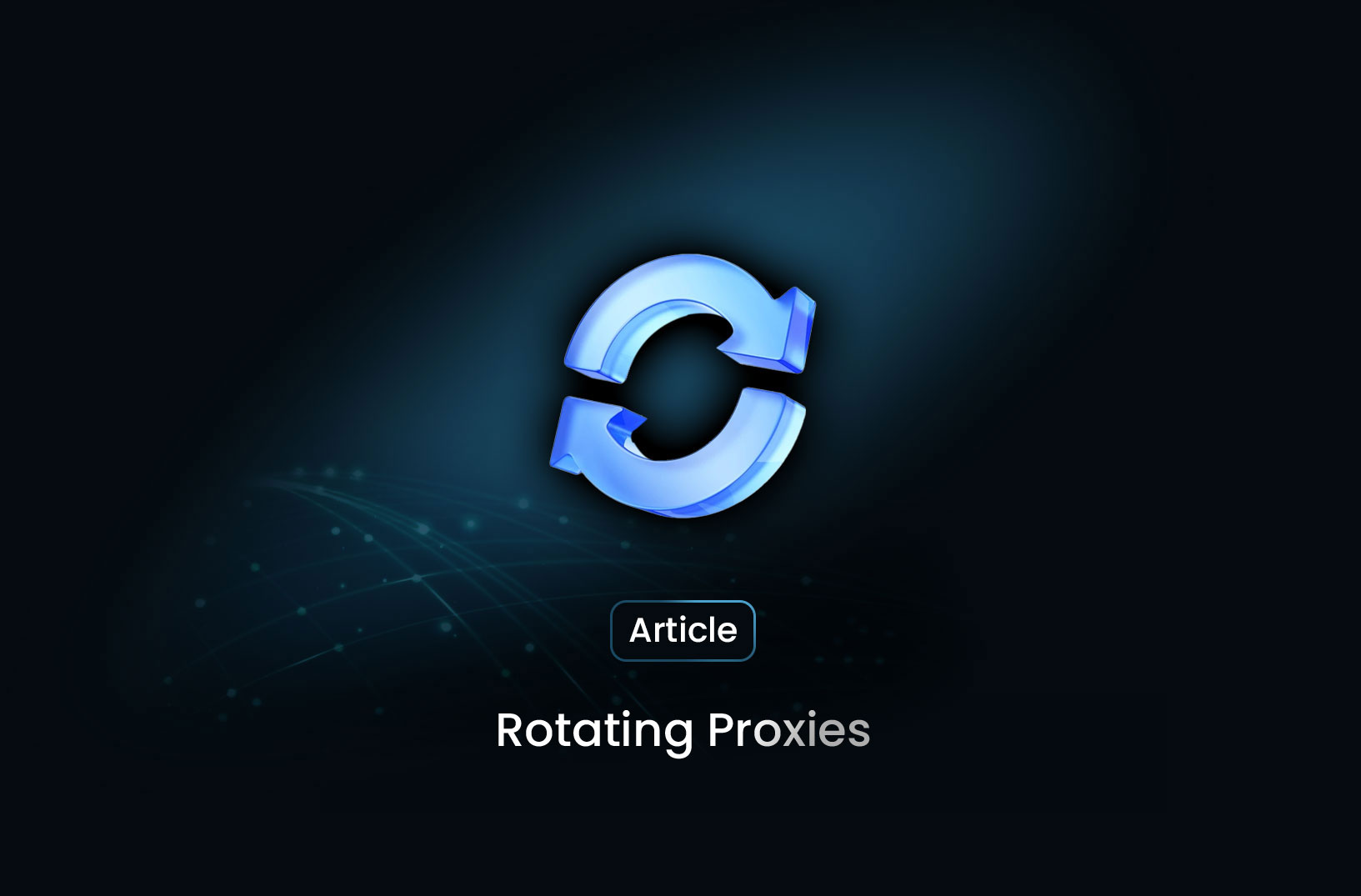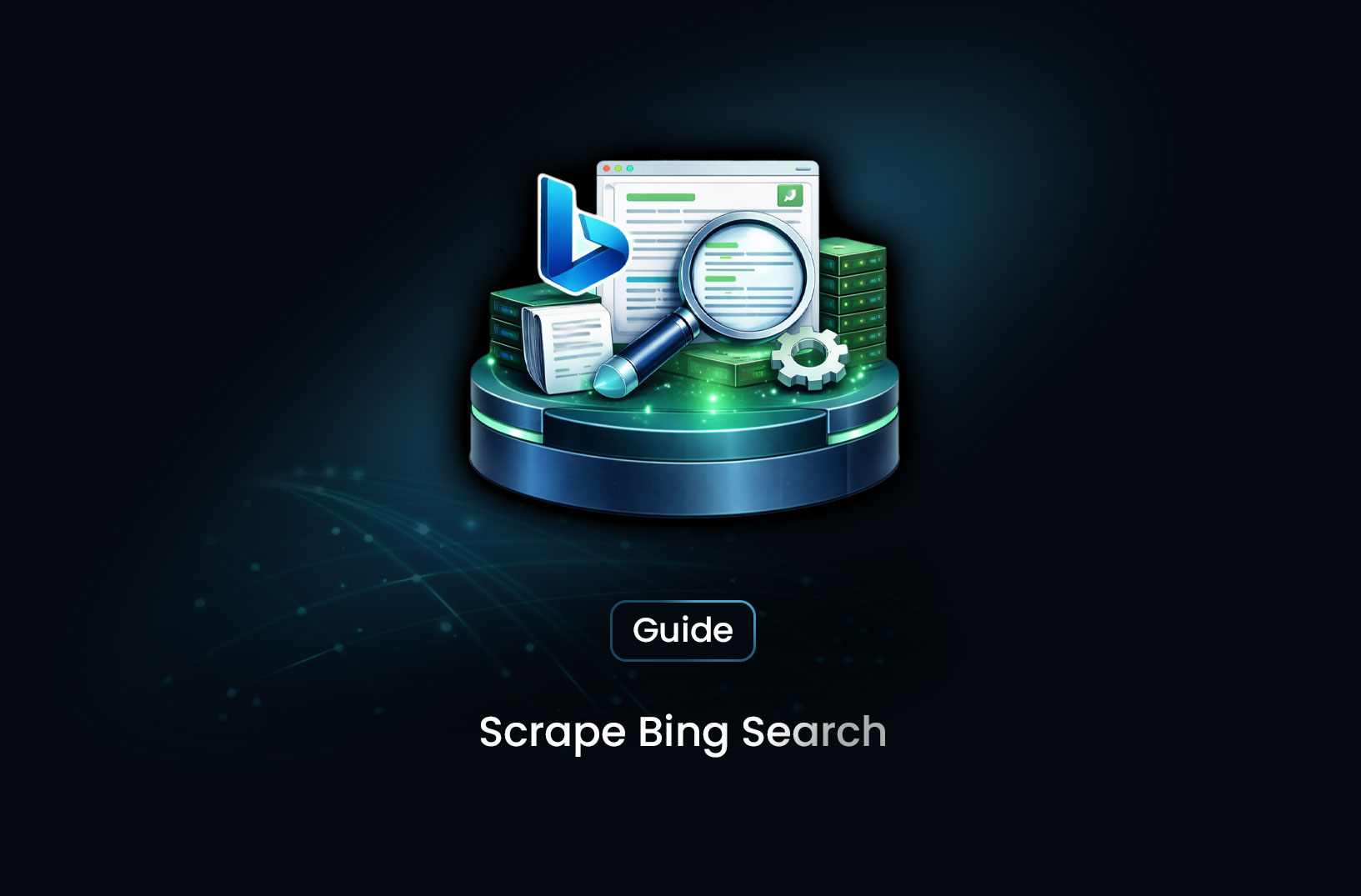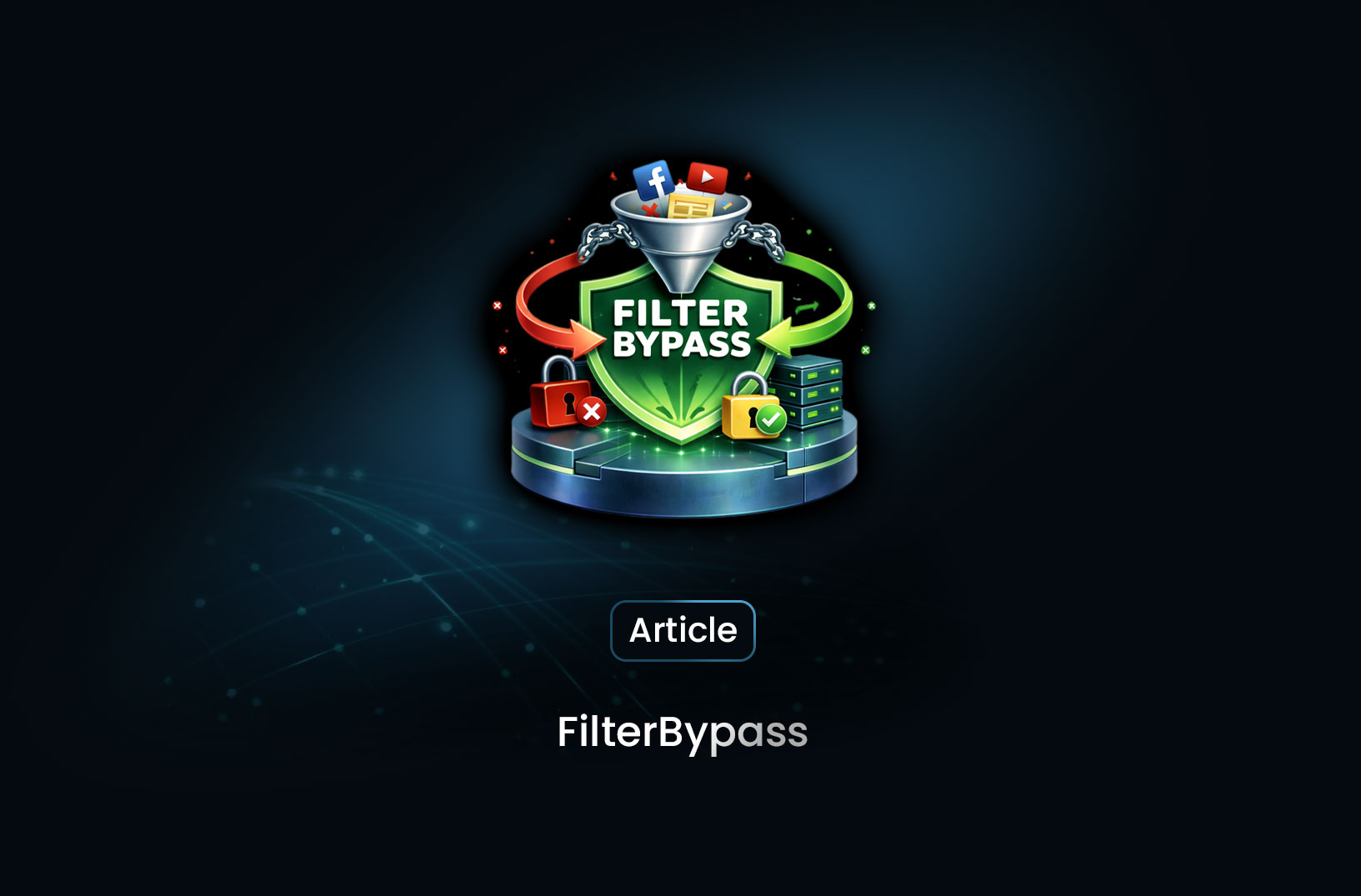
Rotating Proxies: The Key to Efficient and Undetectable Web Scraping
ArticleDiscover how rotating proxies enhance web scraping efficiency by preventing IP bans, bypassing rate limits, and ensuring anonymity. Learn how to use rotating proxies with Python, Scrapy, and proxy services for seamless data extraction.
A rotating proxy is a type of proxy server that automatically changes the IP address it uses for each request or at specific intervals. This helps in avoiding detection, bypassing rate limits, and preventing IP bans while web scraping, automation, or anonymous browsing.
Why Use a Rotating Proxy?
Rotating proxies are essential for various online activities where maintaining anonymity and avoiding detection is crucial. Some key benefits include:
- Avoiding IP bans: Websites often block repeated requests from the same IP address. Rotating proxies help distribute requests across multiple IPs.
- Bypassing rate limits: Some sites limit the number of requests per IP. Using rotating proxies prevents hitting these limits.
- Enhancing anonymity: Frequent IP changes make it harder to track user activity.
- Efficient web scraping: Large-scale data extraction is possible without triggering security mechanisms.
Use Case: Web Scraping at Scale
Problem
A company needs to collect pricing data from multiple e-commerce sites for market analysis. However, these sites implement anti-scraping measures that detect and block repeated requests from the same IP.
Solution
By using a rotating proxy, the company can:
- Send requests through multiple IP addresses, avoiding detection.
- Maintain high request rates without triggering rate limits.
- Extract accurate and up-to-date pricing information.
Implementation
- Choose a proxy provider: Select a reliable rotating proxy service.
- Integrate with the scraper: Configure the proxy settings in the web scraping script.
- Set request intervals: Implement delays and user-agent rotation to mimic human behavior.
- Monitor and adjust: Track proxy performance and switch providers if necessary.
Technical Guide: How to Use a Rotating Proxy
1. Using Rotating Proxies with Python Requests
You can configure the requests library in Python to use a rotating proxy.
import requests
from itertools import cycle
# List of proxy addresses
proxies = [
"http://username:password@proxy1.com:port",
"http://username:password@proxy2.com:port",
"http://username:password@proxy3.com:port"
]
proxy_pool = cycle(proxies)
# Make requests using different proxies
for i in range(5):
proxy = next(proxy_pool)
try:
response = requests.get("https://example.com", proxies={"http": proxy, "https": proxy}, timeout=5)
print(f"Response {i+1}: Status Code {response.status_code}")
except requests.exceptions.RequestException as e:
print(f"Request {i+1} failed: {e}")
2. Using Rotating Proxies with Scrapy
If you are using Scrapy for web scraping, you can integrate rotating proxies using the scrapy-rotating-proxies middleware.
Install the required package:
pip install scrapy-rotating-proxies
Update settings.py in your Scrapy project:
ROTATING_PROXY_LIST = [
"http://username:password@proxy1.com:port",
"http://username:password@proxy2.com:port",
"http://username:password@proxy3.com:port"
]
DOWNLOADER_MIDDLEWARES = {
'rotating_proxies.middlewares.RotatingProxyMiddleware': 610,
'rotating_proxies.middlewares.BanDetectionMiddleware': 620,
}
3. Using a Rotating Proxy Service
If you are using a proxy provider that offers automatic rotation, you typically get a single endpoint that manages IP rotation for you.
proxy = "http://username:password@rotating-proxy-provider.com:port"
response = requests.get("https://example.com", proxies={"http": proxy, "https": proxy}, timeout=5)
print(response.text)
Guidelines for Using Rotating Proxies
To make the most out of rotating proxies, follow these best practices:
- Use a reputable provider: Ensure the proxies are reliable and have a low failure rate.
- Implement request delays: Avoid making too many requests in a short period to prevent detection.
- Rotate user-agents: Change user-agent strings alongside IP addresses for better anonymity.
- Monitor response codes: Detect captchas, bans, and other restrictions early and adjust accordingly.
- Respect website policies: Ensure compliance with terms of service to avoid legal issues.
Conclusion
Rotating proxies are an essential tool for web scraping, automation, and online anonymity. By distributing requests across multiple IPs, they help avoid bans, bypass rate limits, and improve scraping efficiency. If you're looking for a powerful scraping solution with built-in proxy rotation, check out mrscraper.com for seamless and efficient data extraction.
Find more insights here

Scrape Bing Search: A Practical Technical Guide
Bing scraping blocked? Discover how to bypass rate limits and bot detection to extract URLs, titles,...

FilterBypass: Unblocking Restricted Sites in a Simple Way
FilterBypass is a free web proxy that acts as an intermediary between your browser and the target si...

YouTube.com Unblocked: Accessing YouTube When It’s Restricted
Learn how to access YouTube unblocked on school, work, or regional networks. Explore VPNs, proxies,...
